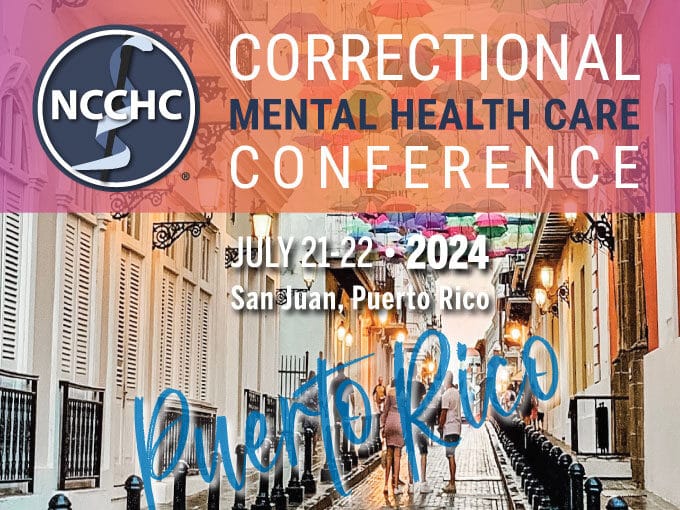
Say hola to Puerto Rico
The 2024 Correctional Mental Health Care Conference will be held in sunny San Juan!
Home NCCHC Board Welcomes Debra Pinals, MD
 May 21, 2018
May 21, 2018The NCCHC board of directors welcomes Debra A. Pinals, MD, to its board of directors as the liaison of the American Psychiatric Association.
Dr. Pinals’ career has focused on forensic and correctional psychiatry as well as the treatment of substance use disorders at the interface of corrections and communities.
She has served as a psychiatrist at several correctional facilities in Massachusetts, and worked with numerous jails and prisons in Massachusetts and Michigan on reentry initiatives, training and suicide reviews. Her experience includes several years as assistant commissioner for forensic services for the Massachusetts Department of Mental Health.
She is currently clinical professor of psychiatry at the University of Michigan, as well as director of the Program in Psychiatry, Law and Ethics and director of the forensic evaluation service at UM. She also serves as medical director for behavioral health and forensic programs for the Michigan Department of Health and Human Services.
“My work at the interface of public behavioral health and correctional systems and within jails and prisons has been personally meaningful, and participation as a board member on behalf of the APA is a real honor,” Dr. Pinals said. “Through this role, I hope to contribute to policies for best practices in correctional health care.”
She replaces Henry Weinstein, MD, CCHP, who retired from the board after 28 years of service.


